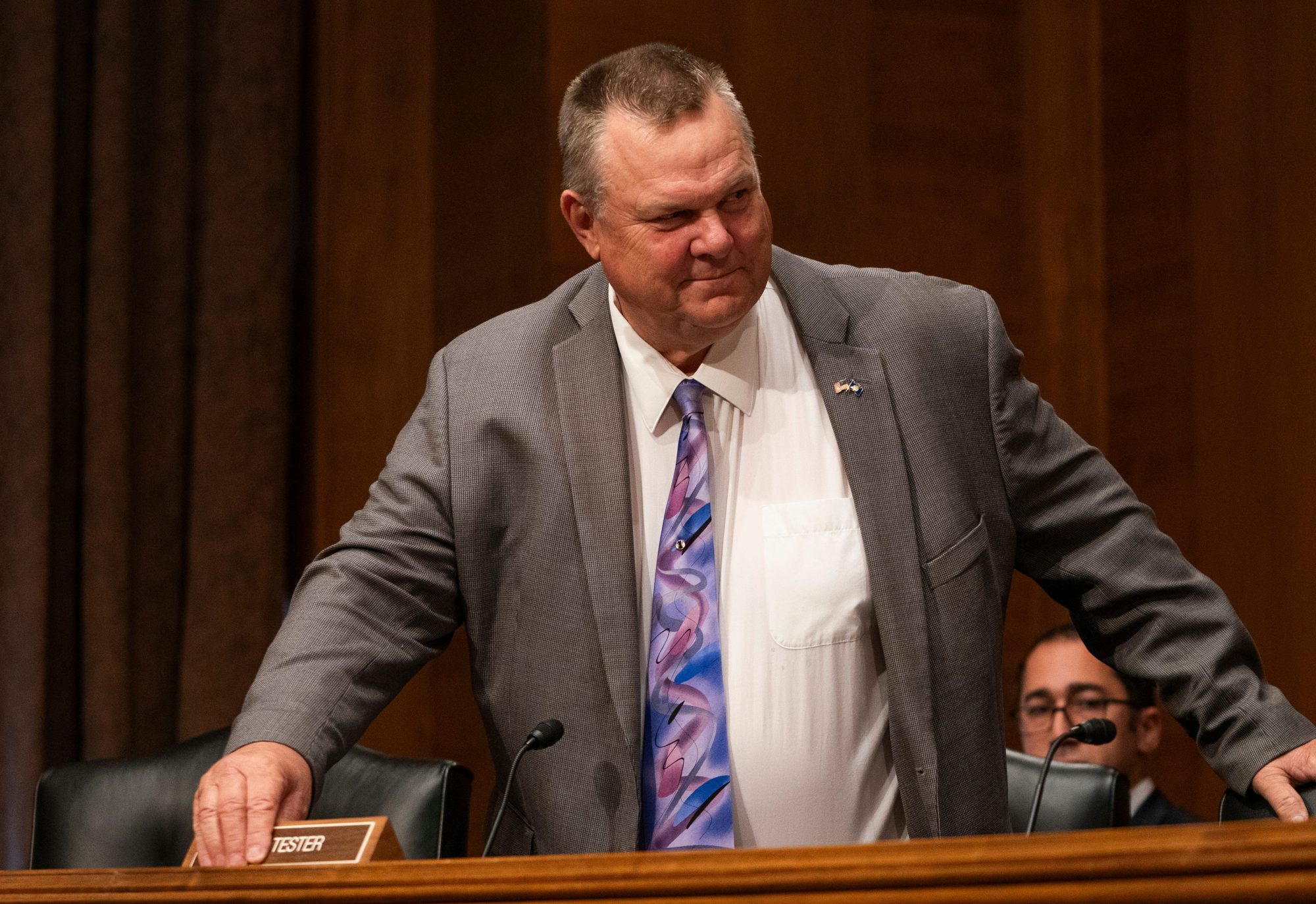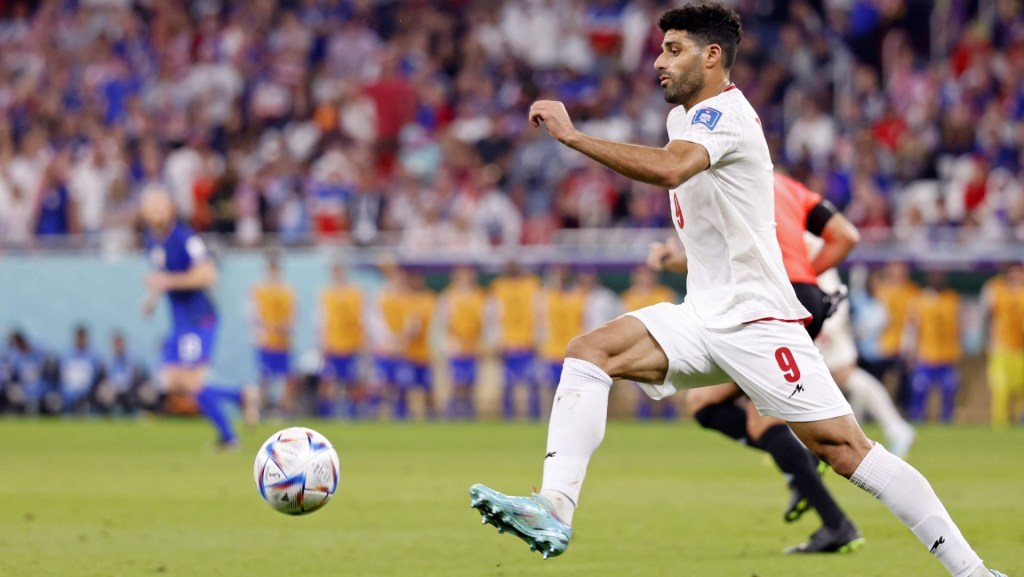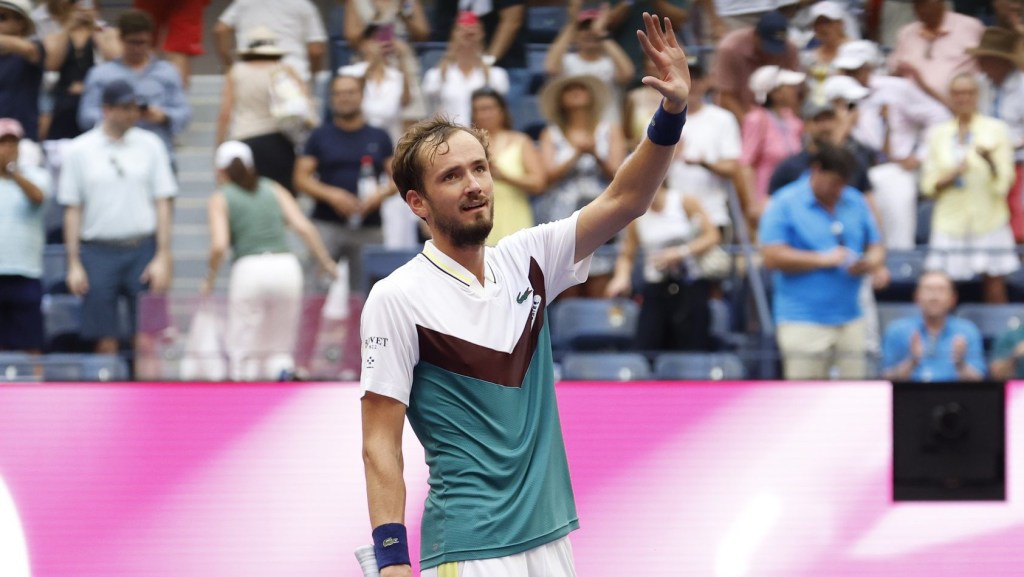Ahead of the 2024 general election, two University of Montana athletes have signed NIL (name, image, and likeness) deals endorsing political candidates.
Soccer players Taija Anderson and Riley Carolan posted videos to promote Sen. Jon Tester (D., Mont.) ahead of his reelection campaign. The Tester campaign told Fox News that it was not involved in the deals, however, which were paid for by a nebulous group called “Montana Together.” The deals reportedly ranged from $400 to $2,400.
Have there ever been NIL deals of this kind?
Yes. In 2022, ahead of the midterm elections, University of Tennessee at Martin quarterback Dresser Winn inked the first known NIL partnership to endorse a political candidate. He endorsed Colin Johnson for District Attorney General for Tennessee’s 27th Judicial District. Unlike the Montana athletes, however, Winn’s deal was negotiated directly with Johnson’s campaign.
The U.S. government has also taken an interest in NIL. The Department of Health and Human Services has paid players to promote the COVID-19 vaccine, as have the U.S. Army and the Marines.
Are there any restrictions on NIL deals endorsing political candidates and other government entities?
No. The NCAA has no prohibition on politically motivated NIL deals. However, as others have pointed out, they are highly controversial.
Another athlete at the University of Montana, Lily Meskers, told Fox News that she was particularly upset about the deals because they promoted a candidate with whom she disagreed. She claimed other members of the Montana track and field team felt the same.
Will we see more of these deals?
It would be logical to assume that candidates—especially those running for local or state positions—would want to utilize the platforms of college athletes in their election campaigns. The deals aren’t expensive, and they have the potential to help galvanize thousands of voters in the college-age voting demographic (18–22), which is not necessarily known for high turnout at the ballot box.
But it’s unclear whether candidates will actually wade into this space, or whether players will want to work with them. Less than 60 days before the presidential election, no athletes have publicized deals with candidates beyond those at the University of Montana. It might be more likely that athletes will ink NIL deals with groups hoping to encourage voting, a much less controversial political topic.







![[Subscription Customers Only] Jun 15, 2025; Seattle, Washington, USA; Botafogo owner John Textor inside the stadium before the match during a group stage match of the 2025 FIFA Club World Cup at Lumen Field.](https://frontofficesports.com/wp-content/uploads/2026/02/USATSI_26465842_168416386_lowres-scaled.jpg?quality=100&w=1024)
![[Subscription Customers Only] Jul 13, 2025; East Rutherford, New Jersey, USA; Chelsea FC midfielder Cole Palmer (10) celebrates winning the final of the 2025 FIFA Club World Cup at MetLife Stadium](https://frontofficesports.com/wp-content/uploads/2026/02/USATSI_26636703-scaled-e1770932227605.jpg?quality=100&w=1024)








